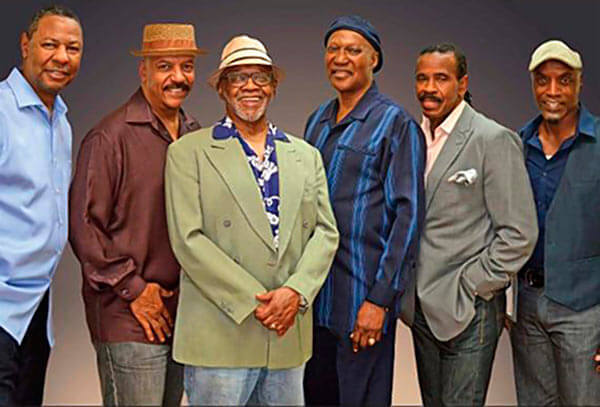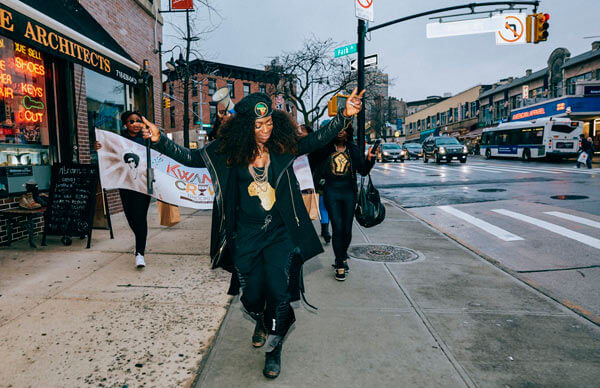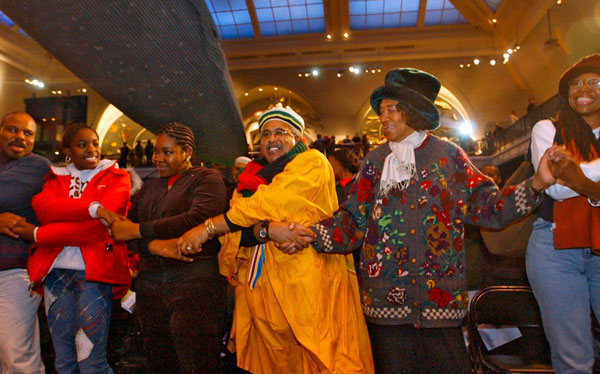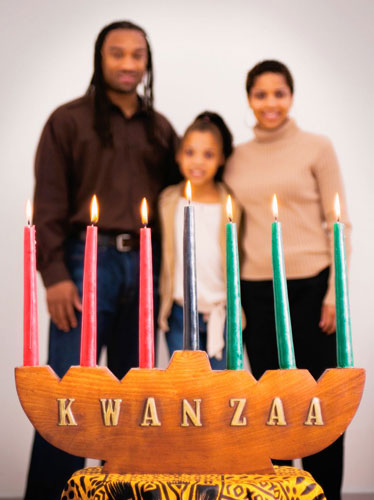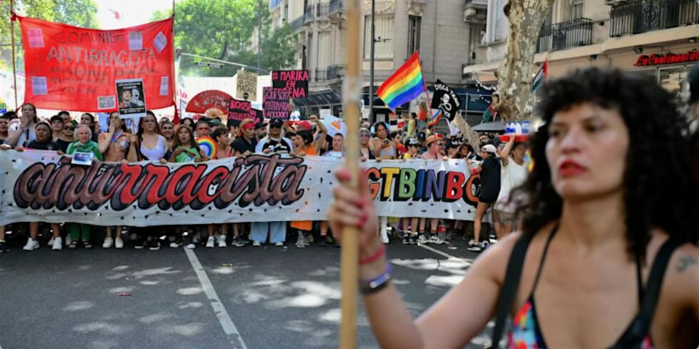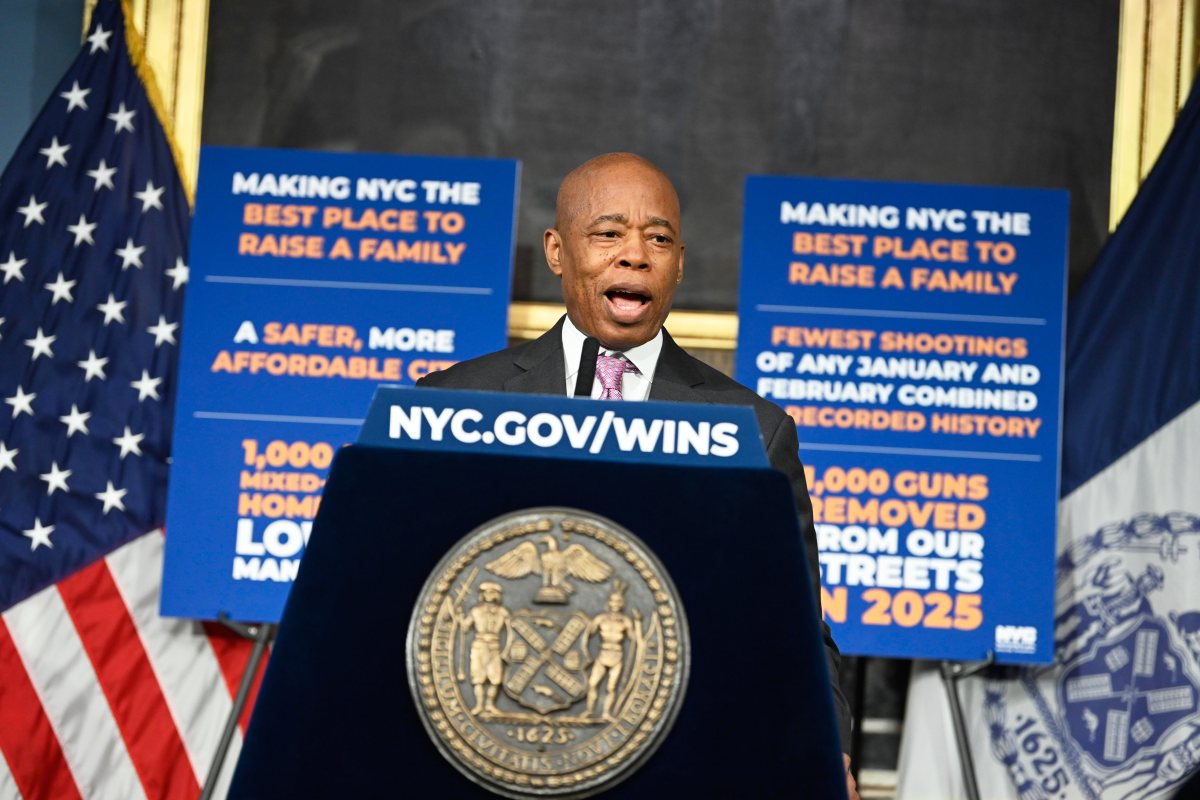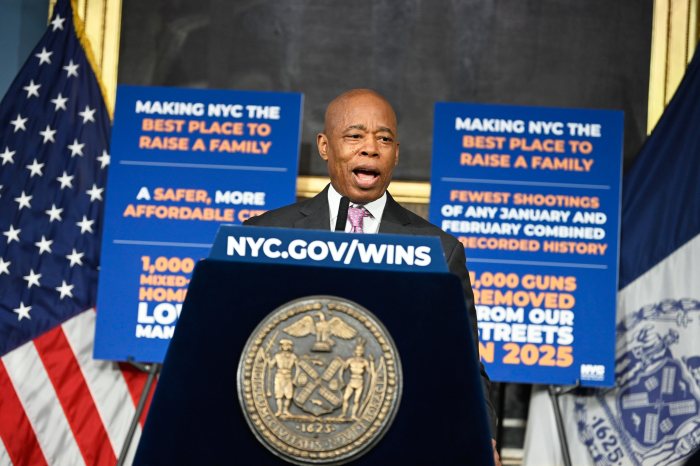The Persuasions are ready to spread joy and happiness for families celebrating the “first fruits of the harvest” and the 39th annual commemoration of Kwanzaa at the Museum of Natural History.
The a capella group that began singing gospel, soul, early rock and jazz that transformed to become a melodic five-part harmony act in Brooklyn in 1962 will headline the performance segment of an afternoon showcase that begins at 2 pm inside the Milstein Hall Of Ocean Life Stage at the 30 Central Park West & 79th St. location.
A vintage collaboration that formed singing under corner streetlights and in subway corridors, their style combined to record 26 albums.
The Museum’s 2017 Kwanzaa event recalls “a celebration of African-American heritage that is rooted in seven principles known as Nguzo Saba. They promote unity, culture, and community development.”
In addition to the lively performance which will feature live musical accompaniment, an overview of the principles will be narrated and explained.
An African marketplace — stocked by vendors showcasing and selling original and unique items will also enhance the cultural aspect of the presentation.
Patrons will be able to take in the sights and sounds of African, Caribbean and African-American arts and culture at the annual afternoon fest honoring the holiday’s seven principles.
Kwanzaa was established in 1966 in the midst of the Black Freedom Movement and reflects its concern for cultural origins “in thought and practice, and the unity and self-determination associated with it.”
The December ritual created by Dr. Maulana Karenga, a professor of Africana Studies at California State University, Long Beach, author and scholar-activist in 1966, were conceived and established to serve several functions.
His aim was to “stress the indispensable need to preserve, continually revitalize and promote African American culture.”
Celebrated from Dec. 26 thru Jan. 1, its origins are in the first harvest celebrations of Africa from which it takes its name.
The name Kwanzaa is derived from the phrase “matunda ya kwanza” which means “first fruits” in Swahili, a Pan-African language which is the most widely spoken African language.
The first-fruits celebrations are recorded in African history as far back as ancient Egypt and Nubia and appear in ancient and modern times in other classical African civilizations such as Ashantiland and Yorubaland. These celebrations are also found in ancient and modern times among societies as large as empires (the Zulu or kingdoms (Swaziland) or smaller societies and groups like the Matabele, Thonga and Lovedu, all of southeastern Africa. Kwanzaa builds on the five fundamental activities of Continental African “first fruit” celebrations: ingathering; reverence; commemoration; recommitment and celebration.
Created to reaffirm and restore the rootedness in African culture, it is “an expression of recovery and reconstruction of African culture which was being conducted in the general context of the Black Liberation Movement of the ‘60’s and in the specific context of The Organization Us, the founding organization of Kwanzaa and the authoritative keeper of its tradition.”
Kwanzaa was also created to serve as a “regular communal celebration to reaffirm and reinforce the bonds between African people.”According to the official Kwanzaa website —
• It was designed to be a gathering to strengthen community and reaffirm. a time of ingathering of the people to reaffirm the bonds between them;
•a time of special reverence for the creator and creation in thanks and respect for the blessings, bountifulness and beauty of creation;
•a time for commemoration of the past in pursuit of its lessons and in honor of its models of human excellence, our ancestors;
•a time of recommitment to our highest cultural ideals in our ongoing effort to always bring forth the best of African cultural thought and practice; and
•a time for celebration of the Good, the good of life and of existence itself, the good of family, community and culture, the good of the awesome and the ordinary, in a word the good of the divine, natural and social.
The celebration emphasizes and reinforces the Nguzo Saba AKA the Seven Principles – values that emphasize the importance of African communitarian values in general, which stress family, community and culture and speak to the best of what it means to be African and human in the fullest sense.”
The seven — Umoja (Unity), Kujichagulia (Self-Determination), Ujima (Collective Work and Responsibility), Ujamaa (Cooperative Economics), Nia (Purpose), Kuumba (Creativity), and Imani (Faith) were adopted with Kwanzaa were conceived “as a fundamental and important way to introduce and reinforce values and cultivate appreciation for them.”
Kwanzaa is a cultural holiday, not a religious one.
Practiced by Africans of all religious faiths who come together based on the” rich, ancient and varied common ground of their Africanness.”
The Persuasions, regarded as “the gold standard for gospel-infused a cappella” will be joined by Vy Higginsen’s Gospel for Teens and the Brooklyn United Marching Band.
New Heritage Theater, Community Works and The American Museum Of Natural History are co-presenters of the event which is free with museum admission.


